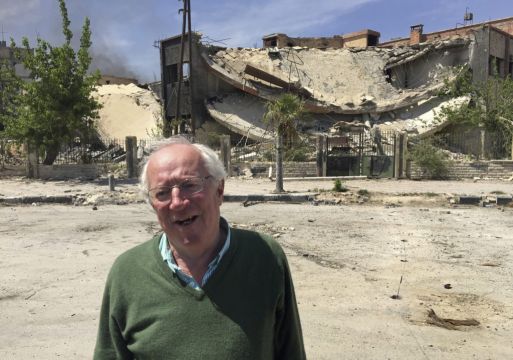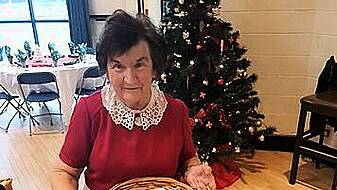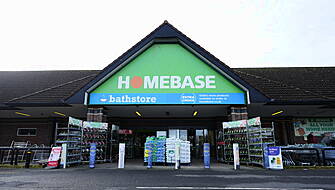President Michael D Higgins has paid tribute to journalist Robert Fisk who died aged 74 in Dublin.
The British foreign correspondent and author was admitted to St Vincent’s hospital after becoming unwell at his Dublin home on Friday, where where he died a short time later according to the Irish Times.
Mr Fisk was one of the best known Middle East correspondents who spent his career reporting from the region and won accolades for challenging mainstream narratives.
He had a long relationship with Ireland dating back to 1972 when he moved to Belfast to work as Northern Ireland correspondent for the London Times at the height of the Troubles.
He later did a PhD at Trinity College Dublin, completing a thesis on Ireland’s neutrality during the second World War. He owned a home in Dalkey where he lived for many years.
“I have learned with great sadness of the death of Robert Fisk. With his passing the world of journalism and informed commentary on the Middle East has lost one of its finest commentators,” President Higgins said.
“I have had the privilege of knowing Robert Fisk since the 1990s, and of meeting him in some of the countries of which he wrote with such great understanding. I met him in Iraq, and last year I had my last meeting with him in Beirut, during my official visit to Lebanon.
“I knew that his taking of Irish citizenship meant a great deal to him. And his influence on young practitioners in journalism and political writing was attested by the huge audiences which attended the occasions on which he spoke in Ireland.”
"I have had the privilege of knowing Robert Fisk since the 1990s, and of meeting him in some of the countries of which he wrote with such great understanding."
Statement from President Higgins on the death of Robert Fisk: https://t.co/iuewqXuE4n
(Photo: Dave Meehan, 2016) pic.twitter.com/hlWkkvGFth— President of Ireland (@PresidentIRL) November 2, 2020
Advertisement
The Independent, where Mr Fisk had worked since 1989, has described him as the most celebrated journalist of his era.
“Fearless, uncompromising, determined and utterly committed to uncovering the truth and reality at all costs, Robert Fisk was the greatest journalist of his generation,” said Christian Broughton, managing director of the newspaper.
”The fire he lit at The Independent will burn on.”
Born in Kent, Fisk began his career on Fleet Street at the Sunday Express and went on to work for The Times, where he was based in Northern Ireland, Portugal and the Middle East.
He moved to Beirut in 1976, a year after Lebanon’s civil war broke out, and continued to work and live from an apartment located on capital’s famed Mediterranean corniche until his death.
In 1982, he was one of the first journalists at the Sabra and Shatila camp in Beirut, where Christian militia slaughtered hundreds of Palestinian refugees.
Earlier that year, he was also the first foreign journalist to report on the scale of the Hama massacre in 1982, when then-Syrian President Hafez Assad launched an assault on the city in central Syria, levelling entire neighbourhoods and killing thousands in one of the most notorious massacres in the modern Middle East.
Narrative
Mr Fisk gained particular fame and popularity in the region for his opposition to the Iraq war, challenging the official US government narrative of weapons of mass destruction as it laid the groundwork for the 2003 invasion.
He was one of the few journalists who interviewed Osama bin Laden several times.
Fisk wrote several books, including Pity the Nation: Lebanon at War and The Great War for Civilisation: The Conquest of the Middle East.
“So sad to lose a true friend and a great journalist. The Temple of truth is gone,” said Marwan Chukri, director of the Foreign Press Centre at the Information Ministry in Beirut.







